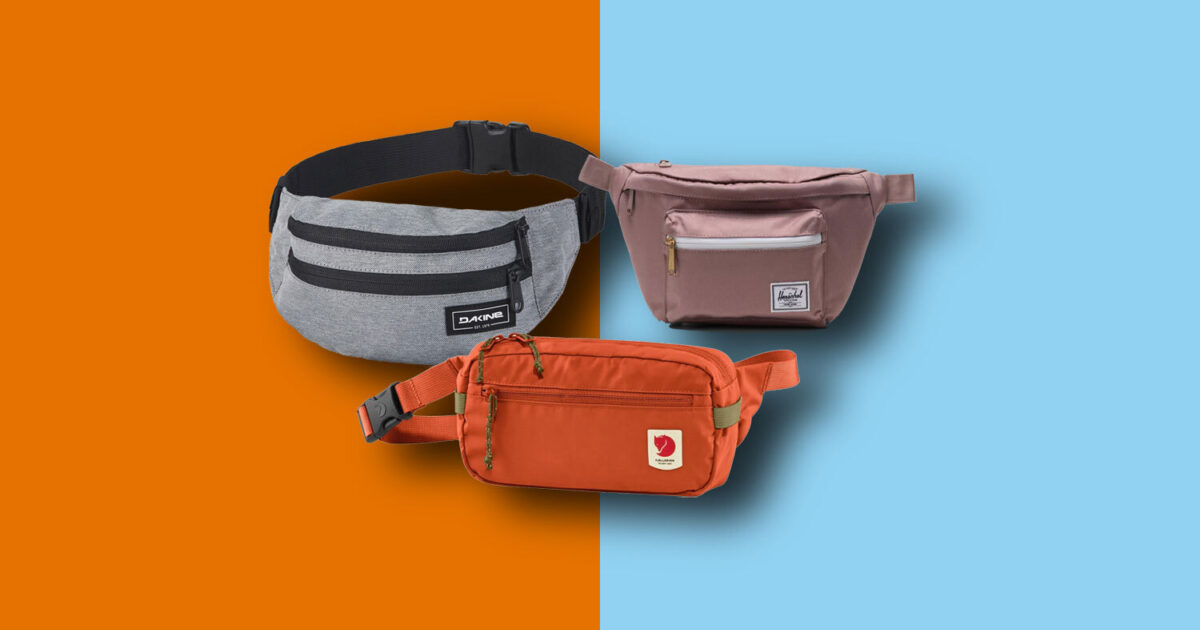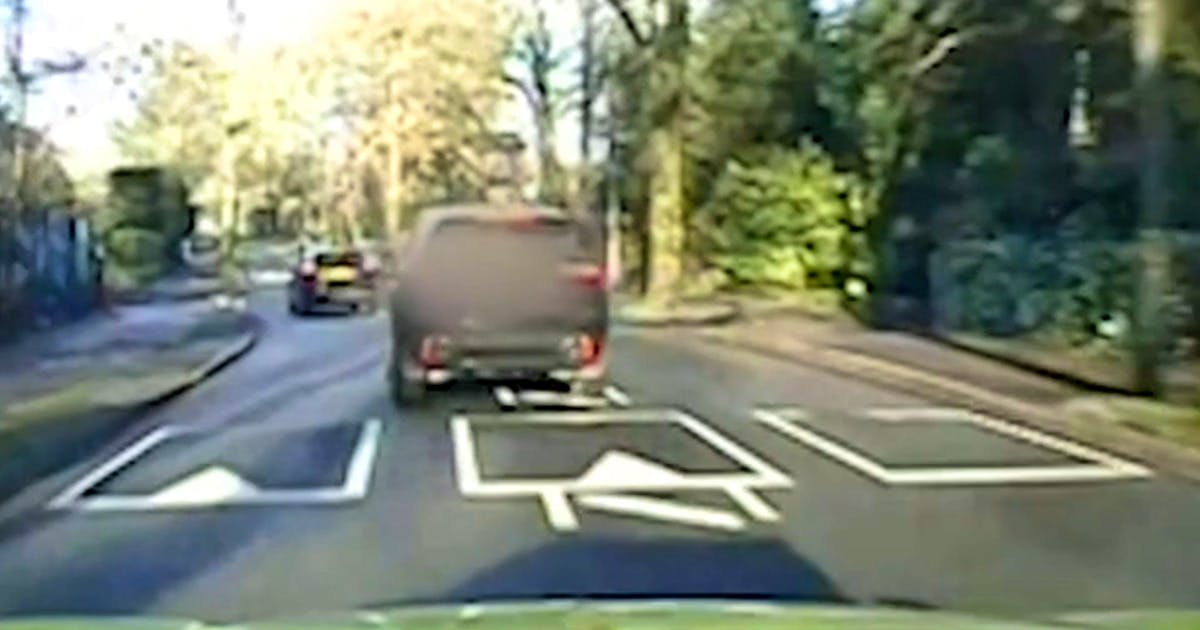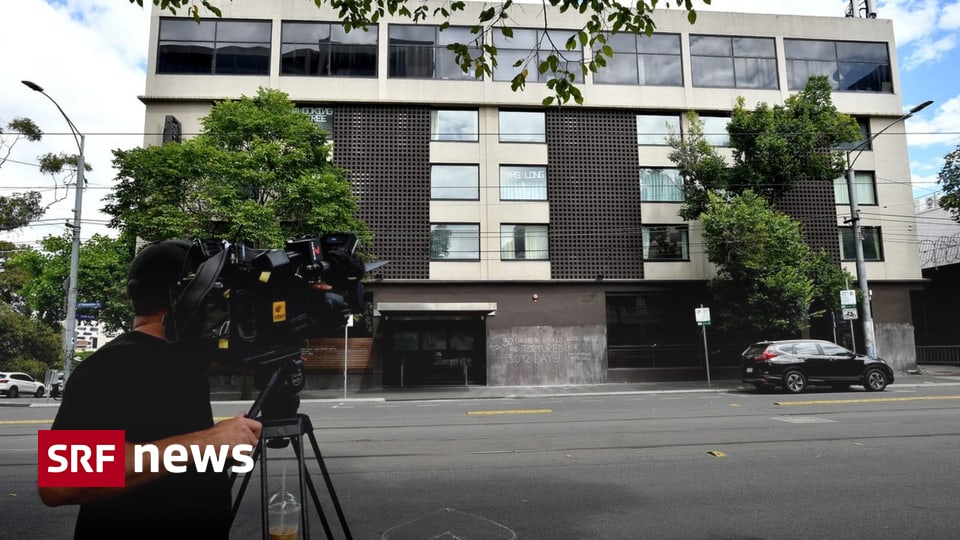Tennis star Novak Djokovic detained after his arrival has unexpected side effects. Activists hope his fate will spark world attention to the inhumane conditions refugees live in every day.
There are only a few Australians who can take something positive out of Novak Djokovic’s drama. The world number one Serbian has been made persona non grata after trying to circumvent Australia’s mandatory vaccination with an exemption.
He arrived in Melbourne on Wednesday for the upcoming Australian Open. And while the Victorian state government granted the unvaccinated player an exemption on medical grounds, the federal government refused to allow him into the country on Wednesday.
Djokovic spent only eight hours in detention at the airport. Then it was transferred to the Melbourne Park Hotel. The first player found little sympathy in Australia on Thursday. Only a small group of Serbian fans and nationalists gathered to demonstrate for his release.
The political benefit of the Djokovic case
With his arrest, Djokovic became – perhaps without his knowledge – a beacon of hope for Australian refugee activists. Human rights activists hope the situation will draw world attention to Australia’s tough immigration policies. Because the hotel is used by the Australian Border Police as a facility for asylum seekers.
Legend:
A demonstrator demands the release of refugees in front of the Park Hotel.
Keystone
There are about 33 men currently detained at the Park Hotel. Refugee lawyers have been calling for their release for years. Describing the tennis star’s situation, Alison Pattison of Human Rights for All said: “This is a very unfortunate situation for a lot of people who come to Australia.” It assumes that, despite his prominence, he will not be treated differently from other comers who do not have proper official papers.
Djokovic was most likely handcuffed, which is standard procedure.
“First of all, it is likely that he was handcuffed, which is standard procedure. From the airport, Djokovic was taken to the detention hotel in a van with unmarked windows.” In the hotel itself, the windows are completely closed and covered with film so that detainees cannot be seen from the outside, Pattison explains.
Bad conditions for hotel residents
Djokovic’s roommates at the Park Hotel are mainly asylum seekers whose refugee status has not been clarified or awaiting deportation. This process may take many years. The detainees are not allowed to leave the hotel or their rooms during this time.
Recently there have been reports of the presence of larvae in food. Epidemiologists and architects also criticized the facility for its poor ventilation. The Park Hotel has also recently been the scene of a Covid-19 outbreak, in which half of the inmates and about 20 staff members have contracted the coronavirus.
“Novak Djokovic has the resources of the whole world behind him,” says Bateson. “If someone like him can be drawn into this brutal system, you have to imagine what people who apply for asylum face at the airport or by boat: they face an impenetrable system of ever-changing rules and regulations.”

“Tv specialist. Friendly web geek. Food scholar. Extreme coffee junkie.”






More Stories
A man steals a car with Grossi inside
Europark Rust: Emergency on the roller coaster – Evacuation!
Jordan's role – Jordan defends its airspace and is therefore in trouble – News